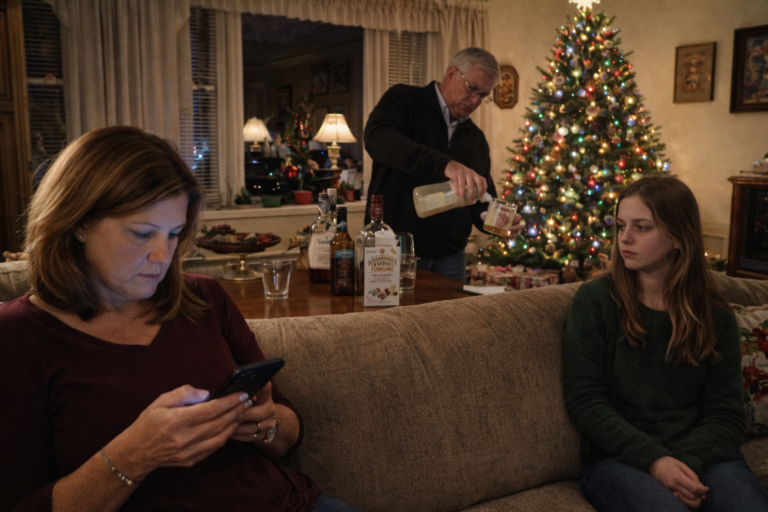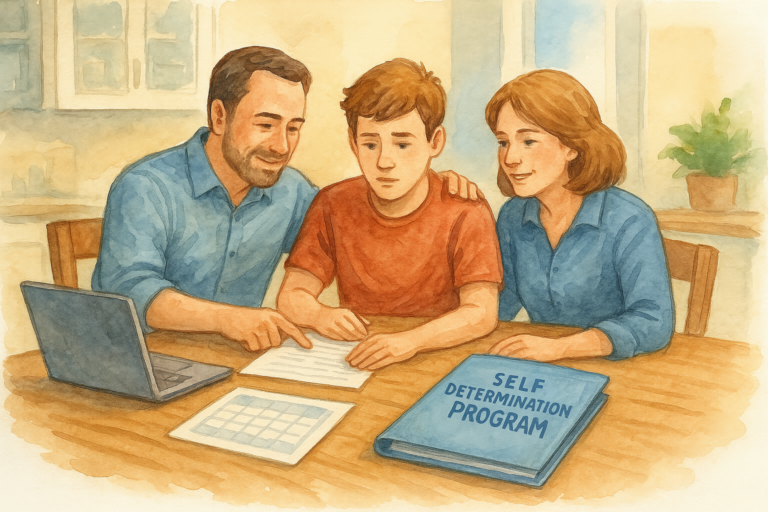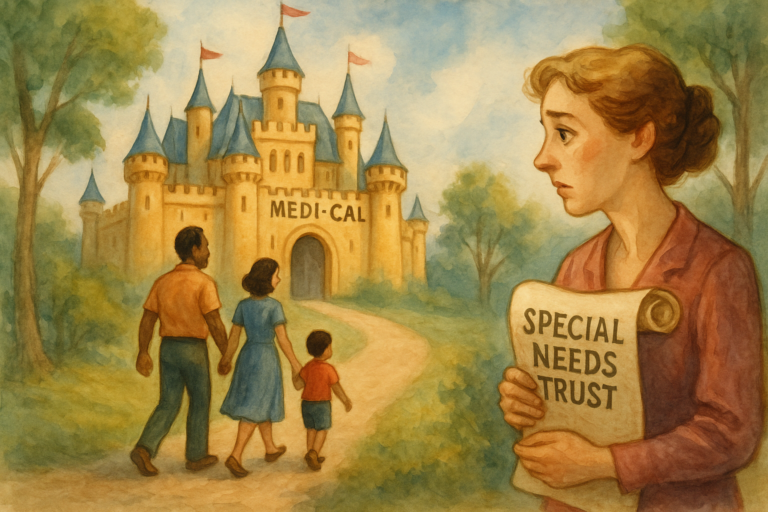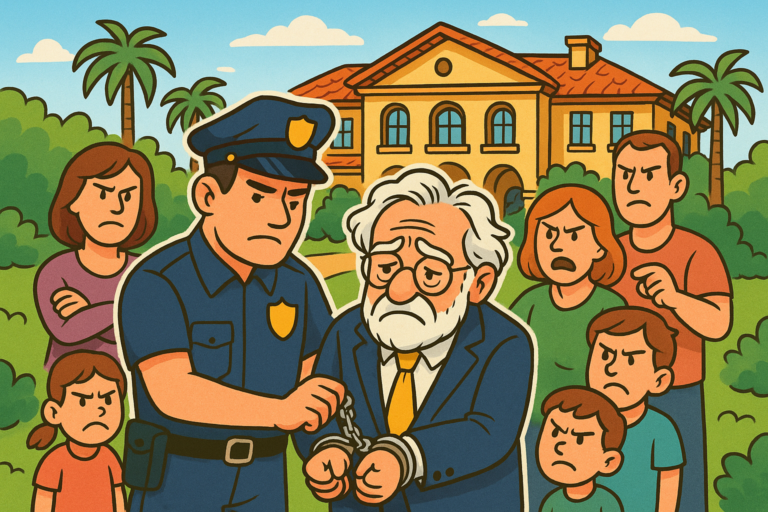Why Holiday Family Arguments Might Finally Get You Talking About Your Estate Plan
The Holidays Bring More Than Just Leftovers The holidays are supposed to be about joy, food, and time together. But for many families, they also bring tension to the surface. A recent national survey by Trust & Will found that nearly 40 percent of families experience open disagreements during holiday gatherings. These arguments often start…










